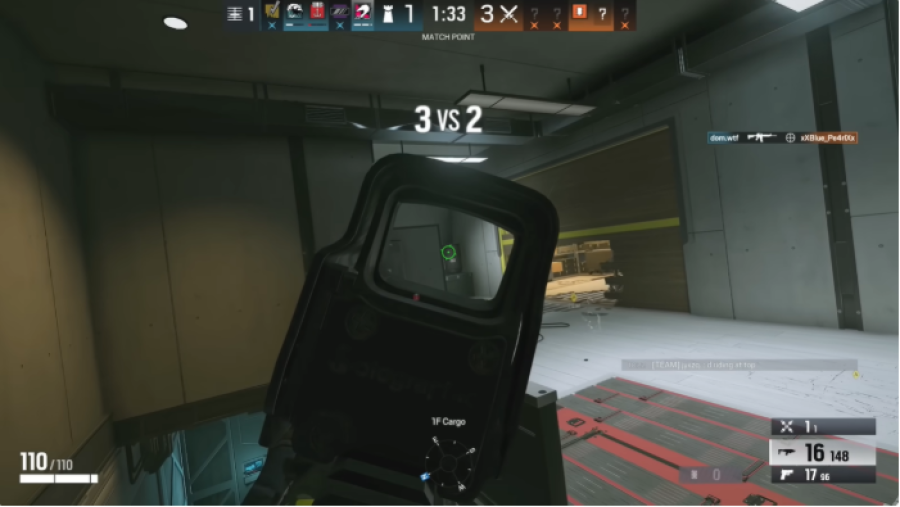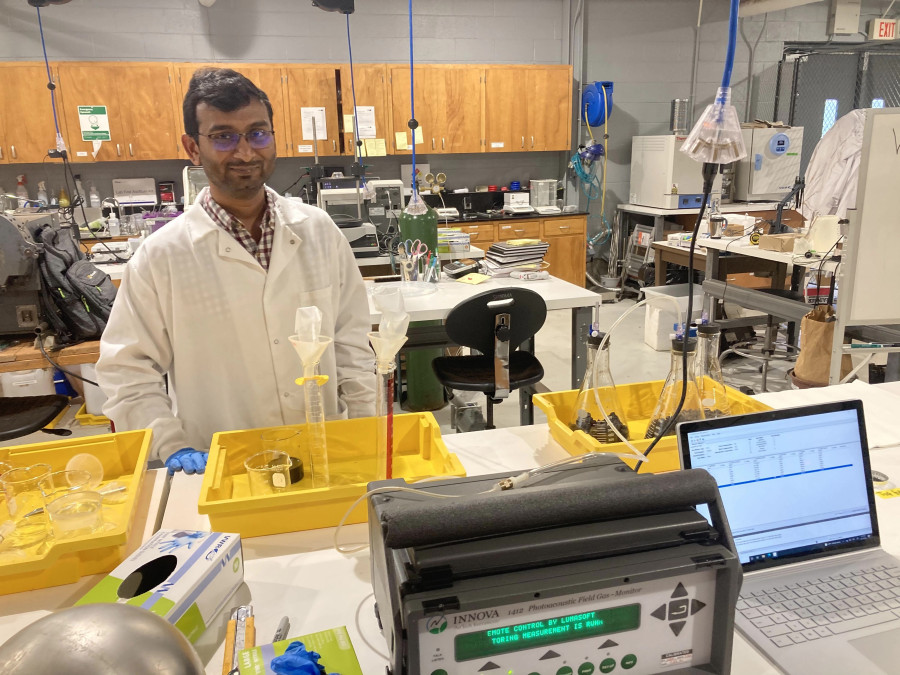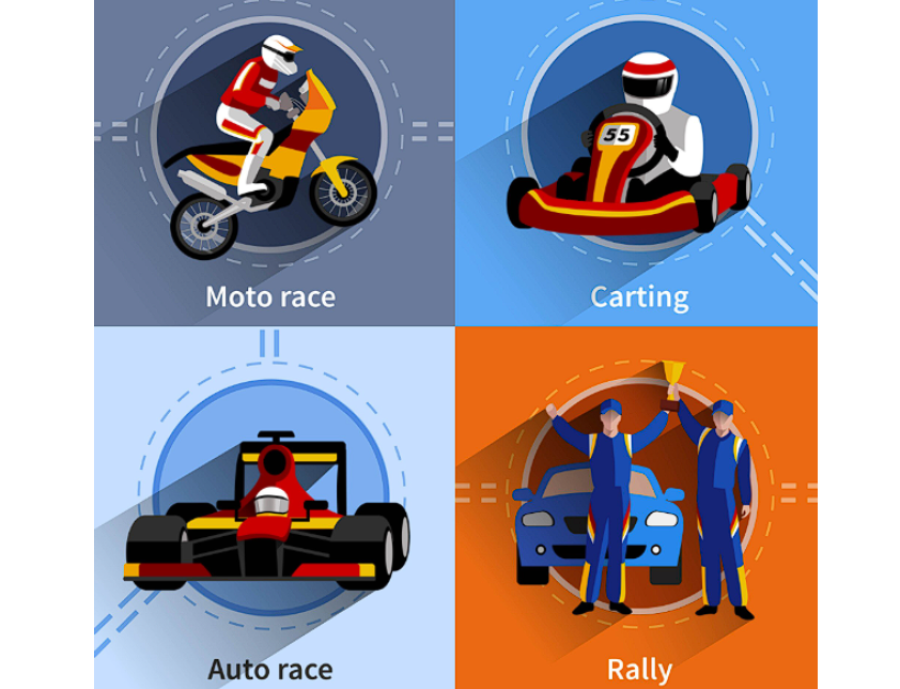Critical thinking is the ability to question ideas, analyze them, and understand them. College students use this skill when they read research papers or work with numbers in labs. Higher education needs minds that think for themselves. It takes more than just learning facts. Youth learn how to collect facts, compare different views, and reach wise conclusions. Their minds stay alert when they read trusted sources for a paper or test a theory in class. Young scientists share opinions in groups. These moments change the way they think. Bit by bit, they grow at solving problems and learn how to apply data from a dozen sources. Research and critical thinking move together. Both help to deal with complex topics in class and in real life, too. We’ll try to explore this connection in detail.
The Role of Evidence in Research
In college, students need to prove their ideas with strong evidence from trusted authorities. University research expects real sources like expert articles, study numbers, and reports from trusted groups. One study on undergraduate education showed that when students in science and engineering used facts instead of opinions, failure rates dropped from 32 percent to 21 percent. Test scores also rose by nearly half a level. This demonstrates how evidence-based thinking leads to better and more consistent outcomes.
Citing your sources matters. It keeps your work honest and clear. Citation styles like APA, MLA, and Chicago help everyone follow your logic and check if your data is based on facts and previous studies. Many students wonder how to properly format long lists of sources. Incorrect formatting can lower your grade and affect credibility. You can use tools like cite my source for me to fix this. You go to the resource and paste your sources, then choose a format, and the tool builds it correctly. Using footnotes and citations automatically grows the prestige of your research, so use them correctly.
How Research Builds Curiosity
College research encourages students to look beneath the surface and question information rather than simply accept it. This kind of work sparks curiosity. It turns a simple question into something deeper, something that leads to real learning. When people build research skills, they begin to dig with more focus. That effort fuels interest and leads to innovative ideas.
An OECD report (2016–2021) looked at students in six countries. It found real growth in critical thinking when classes used research-based tasks.
A survey of graduates revealed that motivation and confidence rose when they selected their own research topics.
Students pursuing independent research produced more original ideas in senior-year projects.
These findings show that research supports stronger memory retention and better academic outcomes. Students who build research skills through focused work understand more and forget less. Structured tasks help the brain function more efficiently and improve students’ learning outcomes.
The Habit of Asking Questions
The habit of asking questions sits at the heart of smart thinking. In college, people must find what’s missing in what they read. They also need to check which ideas matter most. Picking a strong research question pushes their brain to dig deeper and think harder.
Real research backs this up. A 2025 Journal of Intelligence study on Spanish university students found that stronger critical thinking maps directly to higher metacognitive awareness. And those who reflect on their own reasoning perform better in complex tasks. People who question ideas regularly and reflect on their own thoughts solve problems faster and with more confidence.
One college class gave students full control to choose their own research questions. As a result, they read more, paid closer attention, and explained things clearly. Teachers saw changes. These students judged sources carefully. They spotted bias on a regular basis. When paired with active methods in class, these habits help link ideas across different subjects.
Problem-Solving Through Research
In college, students have to deal with real problems. They learn to take apart those problems, look at them from different sides, and test smart ways to fix them. They use academic research skills to do this. This process trains their brains to work in steps and think from more than one point of view.
University research supports the effectiveness of this approach. One study incorporated real case studies into coursework. Students who engaged with these examples demonstrated improved problem-solving and sharper analytical thinking.
According to the study “Introduction of interactive learning into French University Physics Classrooms,” in France, over 750 students in physics courses tried an interactive way of learning. Their test results improved. They also understood concepts more advanced than those in regular lecture halls.
Aalborg University in Denmark has long applied a problem-based learning approach in its engineering programs.
More real cases prove the value.
At Flinders University, 30,000 people joined a project to guide deep research. They focused on tough questions in health, climate, and fairness.
In Texas, students at WTAMU helped shape workplace research. They worked with local industries and used part of the school’s $250,000 yearly funding for new ideas.
These projects show what research can do. Students work with problems that matter. They plan, learn to think carefully, and team up across fields. These habits prepare them not only for college and careers but also for lifelong problem-solving.
Conclusion
Research turns academic work into a space for discovery and innovation. It helps students think critically, use evidence, and solve complex problems. Data from universities shows that hands-on research cuts failure rates. It also builds critical thinking and leads to real solutions. When youth take part in projects like the ones at WTAMU or Flinders, they find answers to real issues in their region and beyond. That’s how academic research skills become real tools for change. This work does more than earn grades. It builds a sharper mind for everyone. So, use research to challenge yourself! Let it help you think deeper and solve what matters most.
Text by Cynthia Ford
Cynthia Ford has been creating educational content for over a decade. She started her writing career in university libraries, where long hours of digging through books sparked her love for structured research on various topics related to learning. Her work helps students get better grades as she shares study tips. Cynthia believes that the best writing starts with curiosity and ends with structure.









